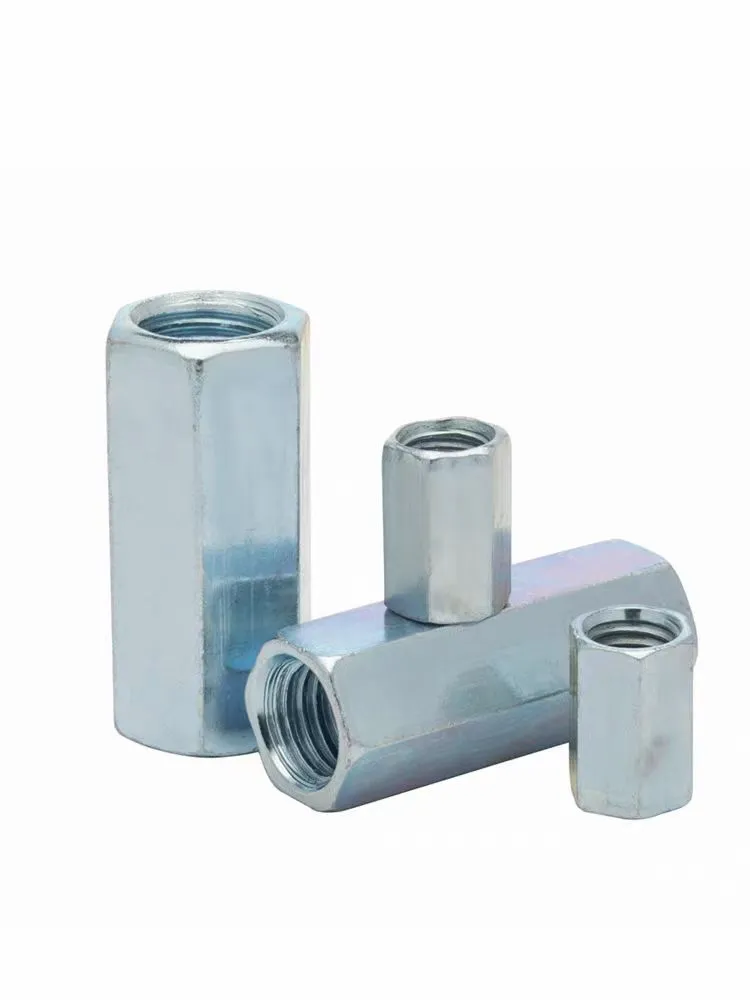

flange nut m16
Des . 29, 2024 13:49 Back to list
flange nut m16
Understanding M16 Flange Nuts Specifications, Applications, and Benefits
In the world of fasteners, M16 flange nuts stand out due to their unique design and extensive range of applications. A flange nut is a type of nut with a wide flange at one end that acts as a built-in washer. This characteristic not only increases the surface area but also distributes the load more evenly, which helps to prevent damage to the material being fastened. In this article, we will explore the specifications, applications, and advantages of using M16 flange nuts.
Specifications
The M in M16 indicates that the nut is a metric fastener, and 16 signifies that the nominal diameter of the nut is 16 mm. M16 flange nuts are typically made from a variety of materials, including carbon steel, stainless steel, and even brass, with different finishes available to enhance corrosion resistance and aesthetic appeal. The most common grades of steel used for these nuts are grades 8 and 10, which define their tensile strength and durability.
Flange nuts come in various thread types, including coarse and fine threads, providing flexibility in their application across different engineering and construction projects. The height of the nut, its flange diameter, and the thickness are also dimensions that vary, but all must adhere to international standards such as ISO or DIN specifications to ensure compatibility with standard M16 bolts.
Applications
M16 flange nuts are widely used in construction, automotive, machinery, and furniture industries. Their design makes them particularly beneficial in situations where a larger bearing area is necessary. For instance, in structural applications, where significant load-bearing capacity is required, the flange nut’s ability to distribute force helps to protect weaker materials from being crushed or damaged.
In the automotive sector, M16 flange nuts are often used to secure components such as chassis and suspension systems. The increased surface area provided by the flange reduces the risk of loosening under vibration, making them an excellent choice for high-stress environments. Additionally, flange nuts are commonly found in the assembly of furniture and fixtures, providing a reliable fastening option that enhances both strength and appearance.
flange nut m16

Another important application is in the manufacturing of heavy machinery, where the reliability and durability of fasteners are critical to the overall operation. The use of M16 flange nuts in such environments ensures that the assemblies remain intact, even under extreme conditions.
Advantages
One of the standout benefits of using M16 flange nuts is their enhanced load distribution. The flange design allows for a larger contact area between the nut and the surface of the material it is securing, minimizing the risk of deformation or material damage. This feature makes them especially valuable in applications involving softer materials that could otherwise be compromised by standard nuts.
Another advantage is their ability to resist loosening over time. The larger bearing surface helps to maintain the tension and grip, reducing the chances of the fastener coming undone in high-vibration scenarios. This quality is crucial in automotive and industrial applications, where safety is paramount.
Furthermore, M16 flange nuts are easy to install and can often be tightened with standard tools. This user-friendly characteristic makes them a preferred choice among engineers and technicians, facilitating quicker assembly times with less risk of error.
Conclusion
M16 flange nuts are essential components in various industries, providing a reliable solution for fastening needs. Their unique design allows for efficient load distribution, reduced risk of loosening, and compatibility with a range of applications from automotive to construction. Understanding the specifications, applications, and advantages of M16 flange nuts can help professionals make informed decisions for their projects, ensuring safety and longevity in their designs. As industries continue to evolve, the importance of using quality fasteners like the M16 flange nut will remain a critical focus in maintaining structural integrity across all applications.
Latest news
-
Secure Threaded Fasteners: Steel, Titanium, Wall, Wood Solutions
NewsAug.21,2025
-
Durable Brass Fasteners: Quality Solutions for Every Project
NewsAug.19,2025
-
High-Strength Hot Dip Galvanized Bolts - Hebei Longze Metal Products Manufacturing Co., Ltd.|Corrosion Resistance, Customizable Sizes
NewsAug.18,2025
-
Hot Dip Galvanized Bolts - LongZe | Corrosion Resistance, High Strength
NewsAug.18,2025
-
Hot Dip Galvanized Bolts-Hebei Longze|High Strength&Corrosion Resistance
NewsAug.18,2025
-
High-Strength Hot Dip Galvanized Bolts - Hebei Longze | Corrosion Resistance, High-Strength
NewsAug.18,2025

